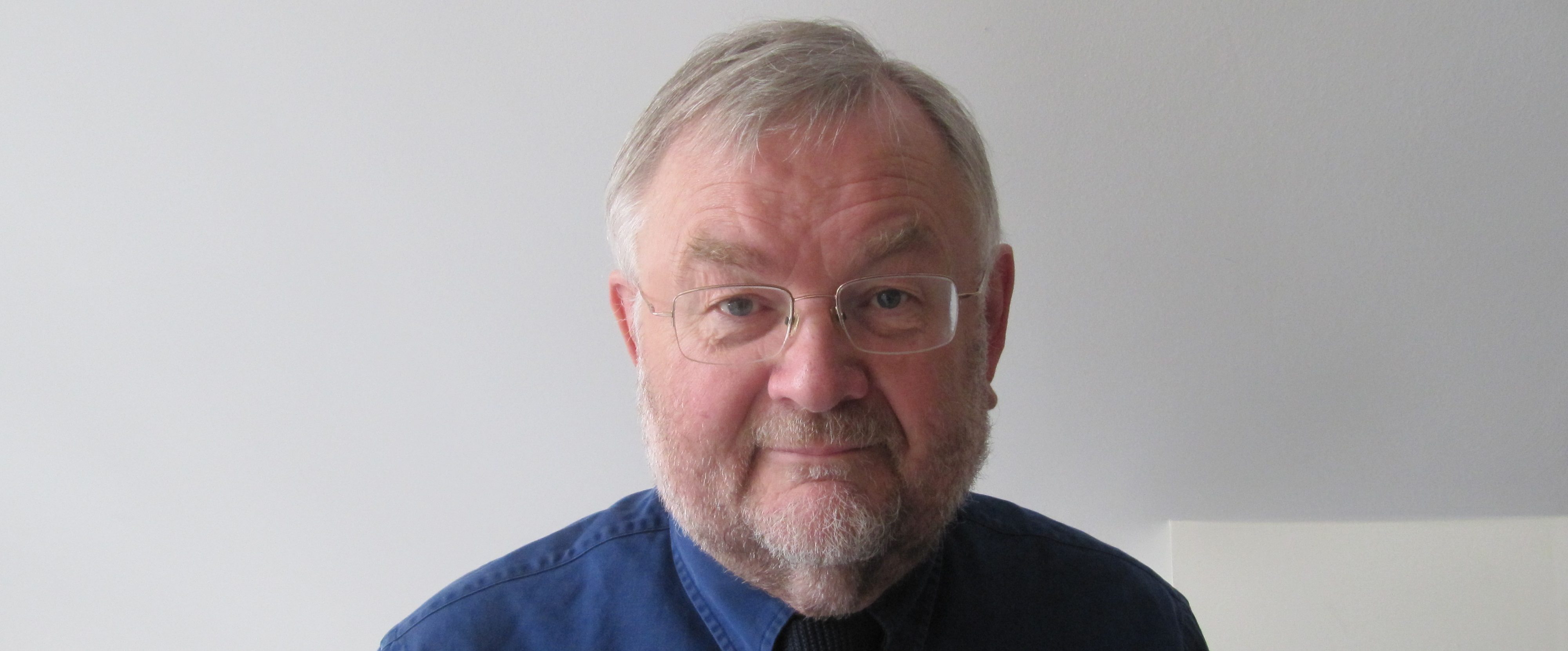I started this blog by calling it grumpy wisdom. This represented the first few posts, which expressed my loathing for political language and economic illiteracy. I don’t think I’m a curmudgeon at heart, and have found much to delight in family life, in history, in sport, in music and travel.
But sometimes the world calls you back to irritable grouchiness. This week, it’s the modern tendency to sentimentalise and exaggerate how life actually is. The wonderful Onion once ran an item in which a school kid who was accidentally killed was described as an unpleasant dimwit, in a satirical reference to the way premature death always happens to the glowing light of the school, who was going to choose between being the Nobel Physics Prize or centre-forward for Manchester United. It seems that simple tragedy always has to be larded with nonsense.
The next paragraph is maybe not to be written on Remembrance Weekend. OK, deep breath. Have you noticed how all injured service personnel – sometimes all service personnel – have become ‘heroes’ ? Now, I am terminally glad that I have never had to enter battle in my life – a wonderful bonus for most of my generation. I am not a pacifist, and am glad that someone else does the fighting for me. And war casualties are profoundly to be regretted, and deeply sad – and, to use a word that is overused, often tragic. This doesn’t, however, mean that everyone connected with the armed forces needs to be covered in a sugar shell of sentiment or exaggeration. The word ‘hero’ has a meaning, as I explain here. You don’t have to be heroic to be injured, and you don’t have to be heroic to deserve the support of the nation in your rehabilitation, or in the support of your dependants. Recently, the poppy campaigns seem to have become a plebiscite of support for the military, not a means of acknowledging the debt we owe to those who have suffered, and a way of raising funds for their support and rehabilitation. Keep your eye on the prize: peace for the nation, and support for casualties. The politicians who stand at Prime Minister’s Questions sonorously reading out the names of those killed in Afghanistan are the same ones who sack service personnel early so as to avoid paying them a pension, and who approve compensation that values amputated limbs lower than intercepted mobile phone messages. Kipling had a poem for it.
At a different level of emotion, why are relatives now called “loved ones” ? Why are all funds “hard-earned” ? Why are all families “hard-working” ? This seems to me to be a sign of the emotional incontinence that has soaked into everyday discourse, the Dianafication of life. And maybe it’s part of the unattractive modern search for victimhood.
